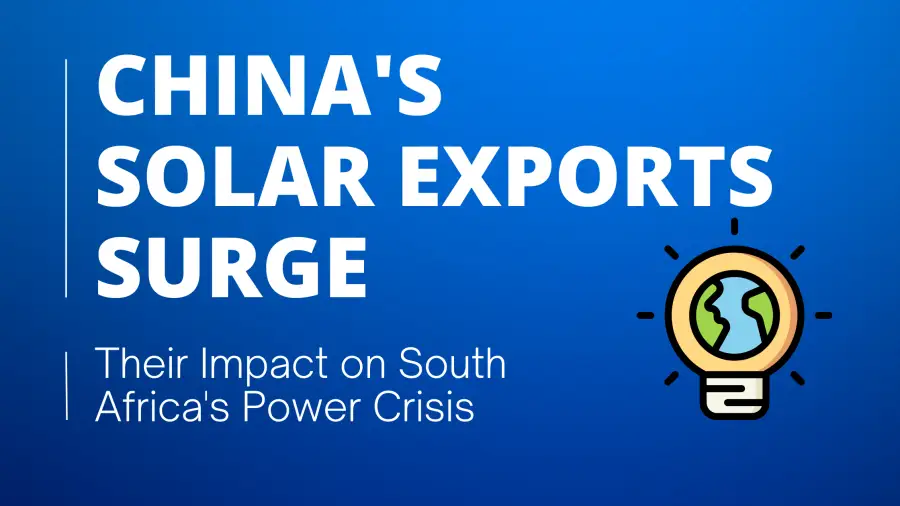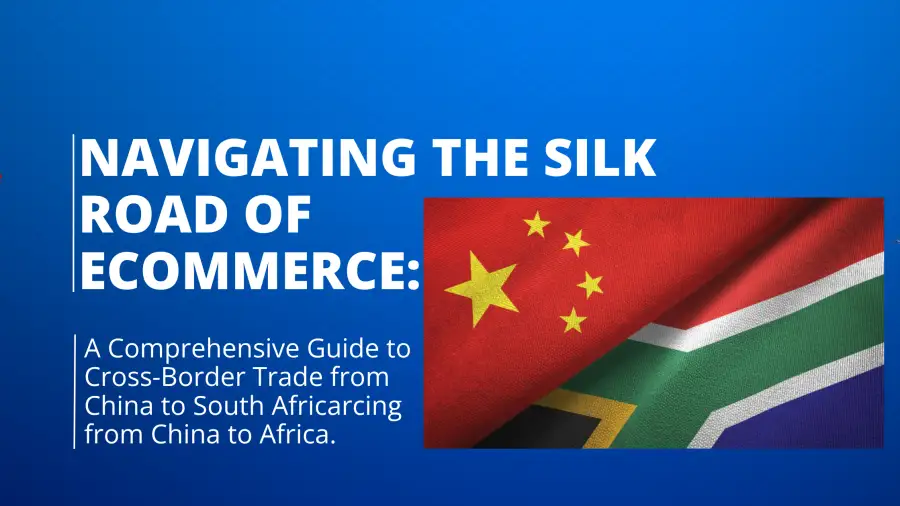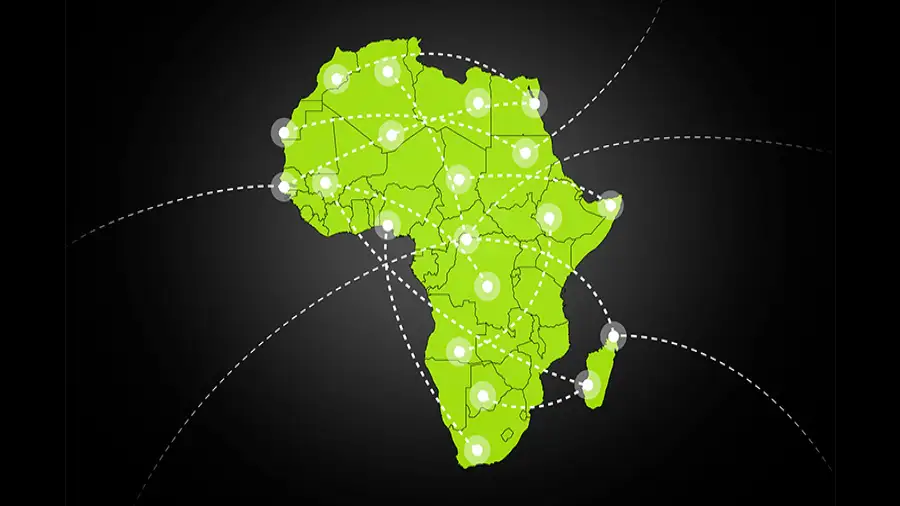B21, China Town Mall, Midrand

China's Solar Exports Surge and Their Impact on South Africa's Power Crisis: Afrimart's Role in Supporting Local Businesses
-
Test eman - ignore this quote
-
11 Jul 2024
-
82 Comment
In the first half of 2023, China's solar panel exports surged by an impressive 34% compared to the same period in the previous year. This increase, from 85 GW to 114 GW, underscores China's pivotal role in the global solar energy market. With China manufacturing approximately 80% of the world's solar panels, this export growth is significant for countries worldwide striving to transition to clean energy.
34% Increase in Exports: Solar panel exports from China grew by 34% in the first half of 2023, rising from 85 GW to 114 GW year-on-year. This increase is comparable to the total installed solar capacity of the United States, which stands at 113 GW.
Market Share Dominance: China continues to dominate the global market with at least 80% of the world's solar manufacturing capacity, making its export data a crucial indicator of the clean energy transition
Regional Growth:
- Europe: Over half of China's solar exports in the first half of 2023 went to Europe, with shipments growing by 47% year-on-year from 44 GW to 66 GW
- Africa: Africa experienced the fastest growth rate at 187%, largely driven by South Africa's import increase from 0.6 GW to 3.4 GW as the country sought solutions to its energy crisis .
- Middle East: The Middle East saw a 64% increase in imports, equating to an additional 2.4 GW in the first half of 2023 compared to the previous year
Global Solar Capacity: China's export surge is contributing significantly to global solar capacity growth. The National Energy Administration (NEA) of China projected that the country would add over 180 GW of solar generation capacity in 2023 alone .
Stockpiling Issues: Despite the increase in exports, there is a growing gap between exported modules and installed capacity, with many panels still sitting in warehouses. This highlights the need for policies that support faster installation and grid integration to match the pace of module production.
These statistics underscore China's pivotal role in the global push toward renewable energy and the critical need for supportive policies to fully capitalize on this growth.
The Broader Impact of Solar Growth in South Africa
Genesis of the Energy Crisis
South Africa's energy crisis began in earnest around 2007, driven by a combination of aging infrastructure, lack of investment, and poor management within Eskom, the state-owned electricity provider .
Over the years, these issues have compounded, leading to frequent and prolonged power outages known as load shedding.
Statistical Impact on the Economy
The energy crisis has had a profound impact on South Africa's economy. It has been a major drag on economic growth, with the economy growing at a sluggish rate of about 1% annually .
Reliable electricity is a cornerstone for industrial activity, and the lack thereof has led to significant production losses across various sectors. According to a recent report, the persistent power cuts have had a detrimental effect on businesses, resulting in decreased productivity and increased operational costs .
The Actual Situation in 2024
As of 2024, South Africa is still grappling with severe electricity shortages. The government faces enormous pressure to address this crisis, which continues to affect the country's economic and social well-being .
Power cuts have surpassed previous levels, highlighting the urgency for sustainable solutions [6]. There have been calls for substantial public investment in renewable energy as a way to alleviate the crisis and create jobs [3].
The energy crisis in South Africa remains a critical issue requiring immediate and sustained action to ensure economic stability and growth.
Enter Afrimart, a leading player in the African market, dedicated to helping South African businesses navigate and mitigate the impacts of the energy crisis. Afrimart's mission is to provide access to high-quality solar panels and related technologies, facilitating a smoother transition to renewable energy for local businesses.
Afrimart's Strategic Approach
Afrimart is instrumental in facilitating the transition to solar energy in South Africa through several strategic initiatives:
Sourcing High-Quality Solar Panels: Afrimart collaborates with leading manufacturers to provide South African businesses with access to top-notch solar technology, ensuring efficiency and durability.
Providing Installation Support: Afrimart offers end-to-end installation services, ensuring that solar systems are installed correctly and are fully operational. This comprehensive support helps businesses transition smoothly to renewable energy.
Offering Financing Solutions: Recognizing the financial hurdles many businesses face, Afrimart provides flexible financing options. These solutions make solar technology more accessible and affordable, encouraging more businesses to invest in sustainable energy.
Leave Comment
Your email address will not be published. Required fields are marked
01 Nov 2025
Test eman - ignore this quote
Navigating the Silk Road of Ecommerce: A Comprehensive Guide to Cross-Border Trade from China to South Africa
24 Oct 2025
Test eman - ignore this quote
Comparing Afrimart to Other China-Africa Sourcing Platforms: What Makes It Different?
22 Oct 2025
Test eman - ignore this quote
Common Myths About Cross-Border eCommerce in Africa — Debunked
22 Oct 2025
Test eman - ignore this quote












Comments
30 Jan, 2022
Glenn Greer
"This proposal is a win-win situation which will cause a stellar paradigm shift, and produce a multi-fold increase in deliverables a better understanding"